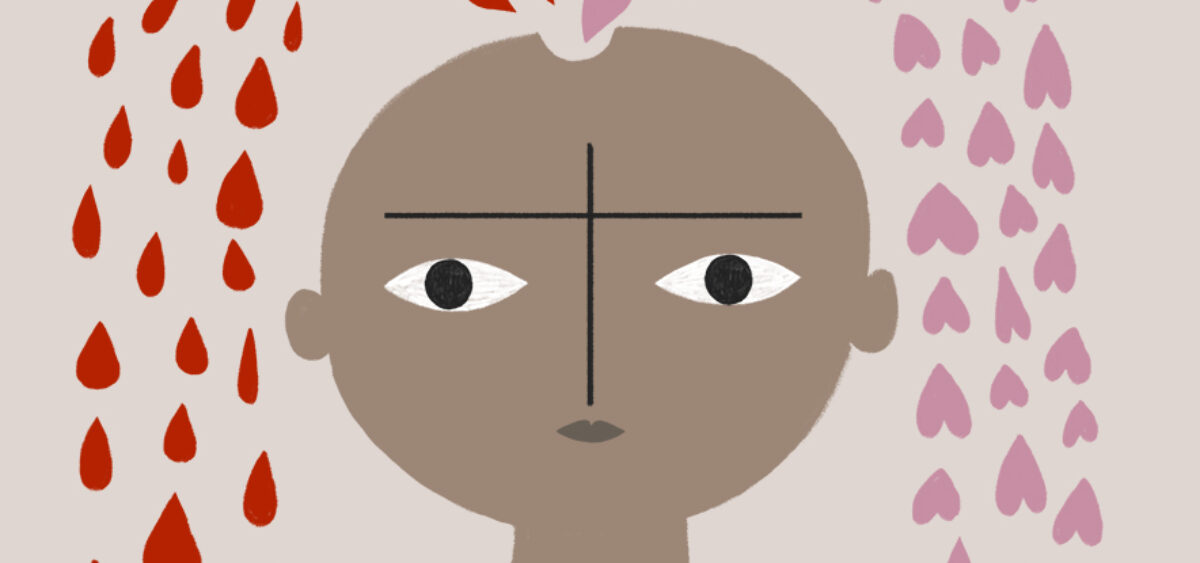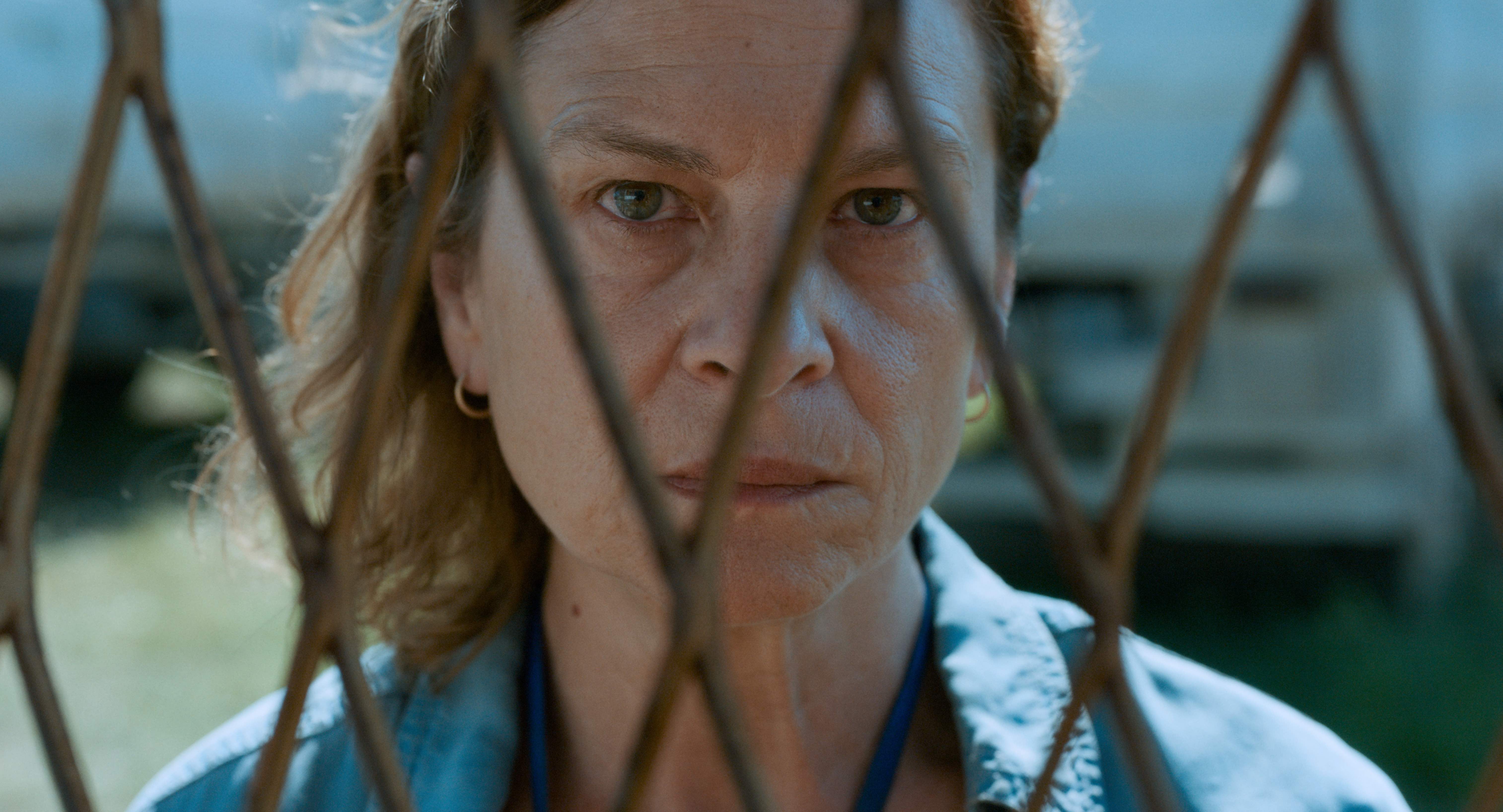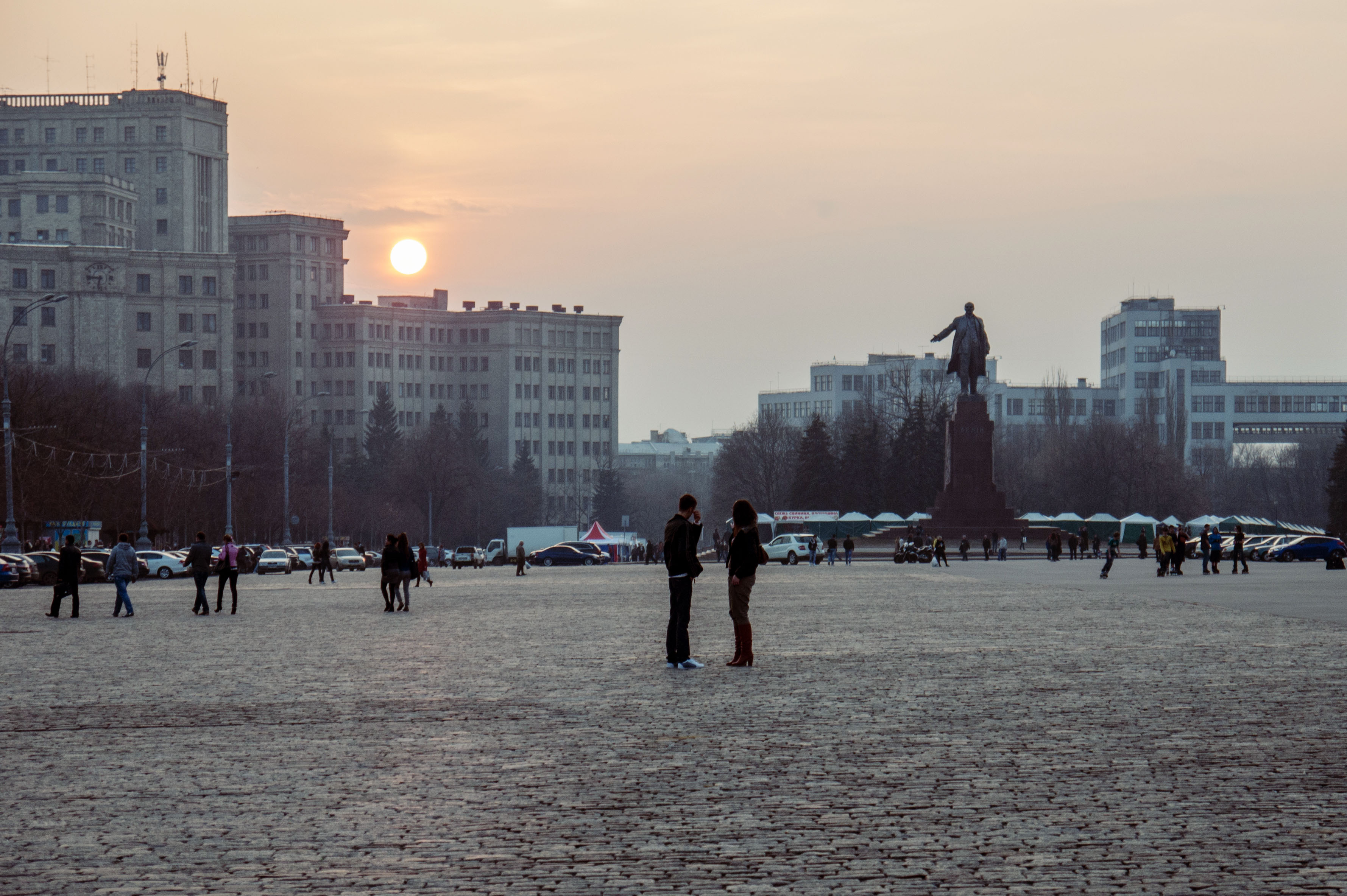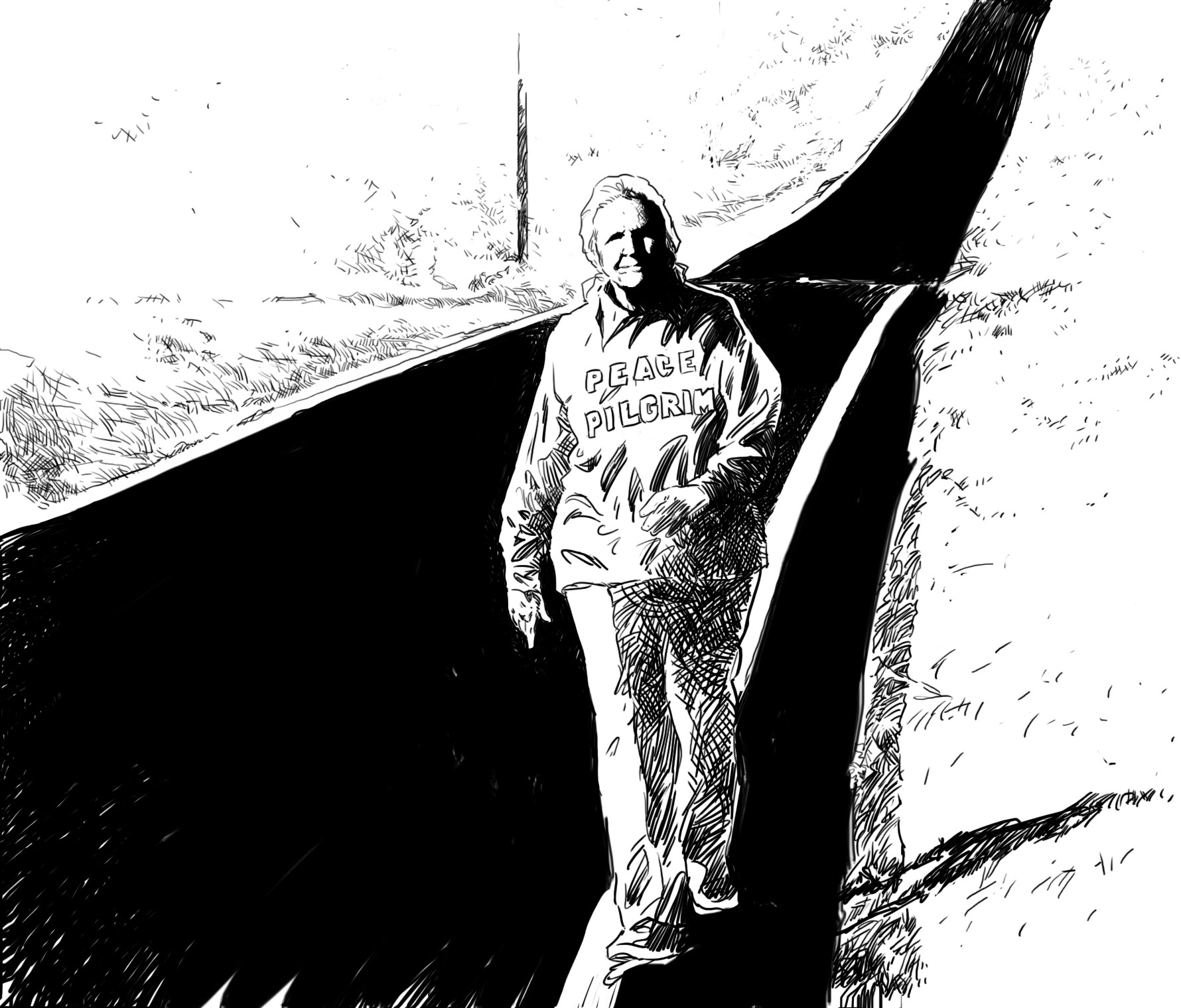
War is planned and perpetrated by humans, but to what extent does it reflect a natural instinct?
One widespread explanation of the phenomenon of war is the alleged existence of an innate human instinct—aggression. This view is expressed in different ways. Psychoanalyst Sigmund Freud claimed that the human psyche has a dark and vicious side that finds expression in symbolically or literally violent forms. Researchers in the field of sociobiology, such as Konrad Lorenz and Edward O. Wilson, emphasized the link between our destructive behavior and alleged similarities in other animals. In his book, On Human Nature, Wilson wrote that if a baboon had an atomic bomb, it would blow up the world within a week. Although he rejected the existence of a single, broadly-defined notion of aggression, he did suggest that it could explain the human tendency toward violence, as well as war. He believed it to be our innate potential, which in certain circumstances (e.g., overpopulation in a given region) could be activated and lead to tragedy. However, on closer examination, these positions are hardly convincing.
Journalist and author Barbara Ehrenreich’s Blood Rites offers many pertinent counterarguments. She asserts that while rage and aggression may appear on the battlefield, when it comes to long-range weapons, like cannons and missiles, shotguns and rifles, or even bows and spears (primitive tools invented in prehistoric times), following irrational impulses would be highly ineffective. The desirable qualities of a warrior are just the opposite: warfare requires indifference and calculation. A sniper must be patient and precise; a strategist, rational and focused. Battle is but one aspect of war, after all, and is preceded by long-term and methodical preparation. Instinct is surely not responsible for many years of training, logistics, and marching in formation.
Ehrenreich makes an important point that war is not something that comes “naturally” to soldiers, with ease and without psychological resistance. Citing research on the psychology of war, she notes that even during battle, with their lives at stake, people often lack the courage to shoot directly at the enemy. The essayist also notes that eighteenth century Prussian military manuals strongly advised against setting up camp in the vicinity of a forest for the simple reason that during conflict, entire units desert, disappearing among the trees. Does not the very fact of desertion contradict the “naturalness” of war?
Fear, Not Aggression
It seems that the strongest arguments against explaining war as supposedly instinctual were posed by the prominent anthropologist Marshall Sahlins. In his essay “Critique of the Vulgar Sociobiology,” based on his extensive ethnographic research, Sahlins pointed out that people are most frequently not aggressive during warfare, but terrified. He also noted that individual acts of participation in conflict can be motivated by virtually anything: hatred, pity, fear, greed, pride, or love of country. It would be ludicrous to claim that the Ukrainian military response to Russian attack is the result of their “biological propensity for aggression” or—as Edward O. Wilson would have it—“the true, biological joy of warfare.”
Most importantly, considering individual motivations for war does not answer the question of why they break out in the first place. According to Sahlins, it says nothing about the relationships between given individuals, but rather between social organisms (such as the state). In this sense, war is not a biological phenomenon, but a social and cultural one. The anthropologist is not arguing that we do not, as a species, have specific urges and tendencies. Rather, the point is that we simply do not satisfy or express them through war, which can only stimulate, mobilize, or use these propensities.
The cautious conclusion from these considerations is moderately optimistic: it cannot be said that humans are inherently violent predators intent on killing each other. There are also no rational grounds for claiming that pacifism is contrary to our “biological nature.”
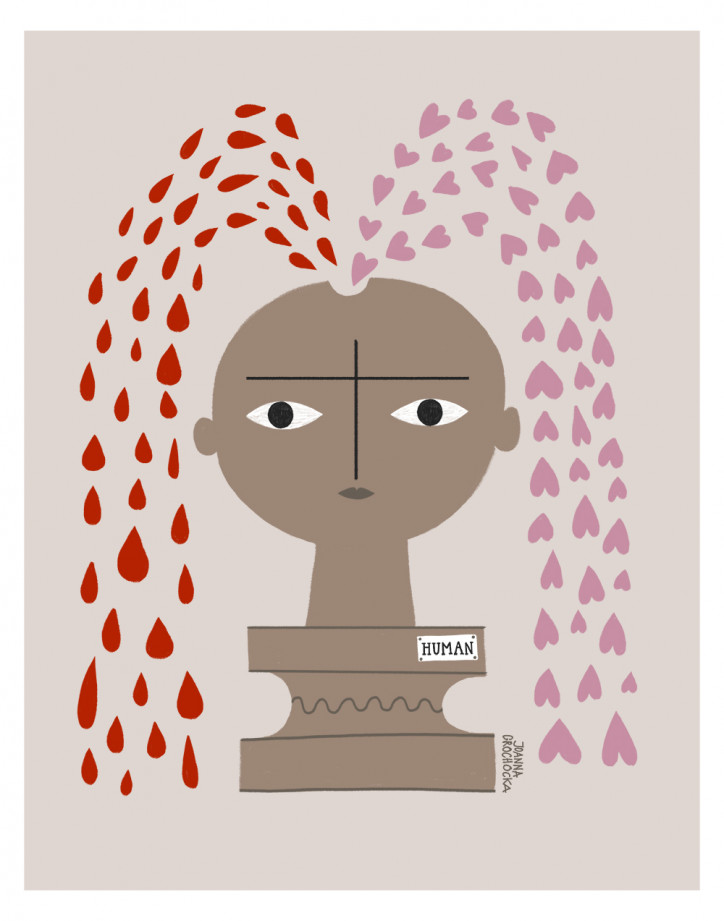
Translated from the Polish by Joanna Figiel


